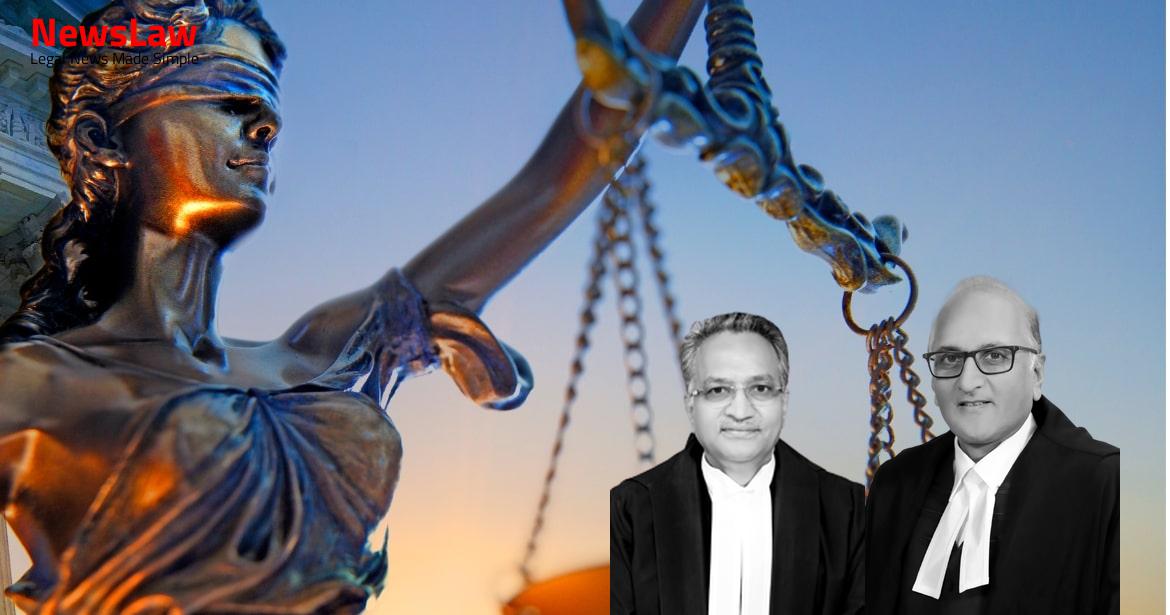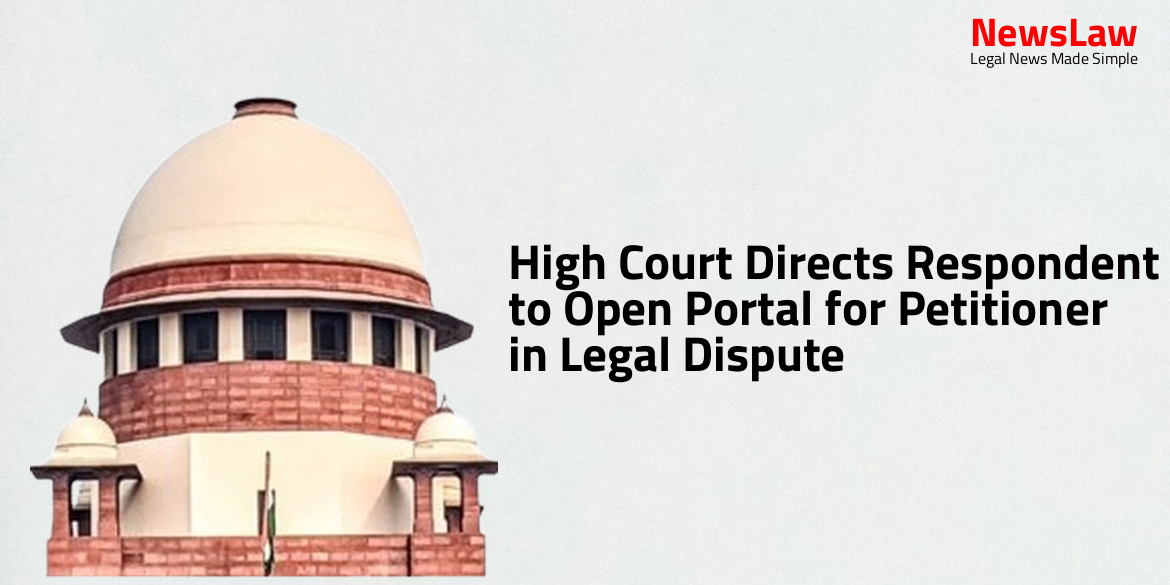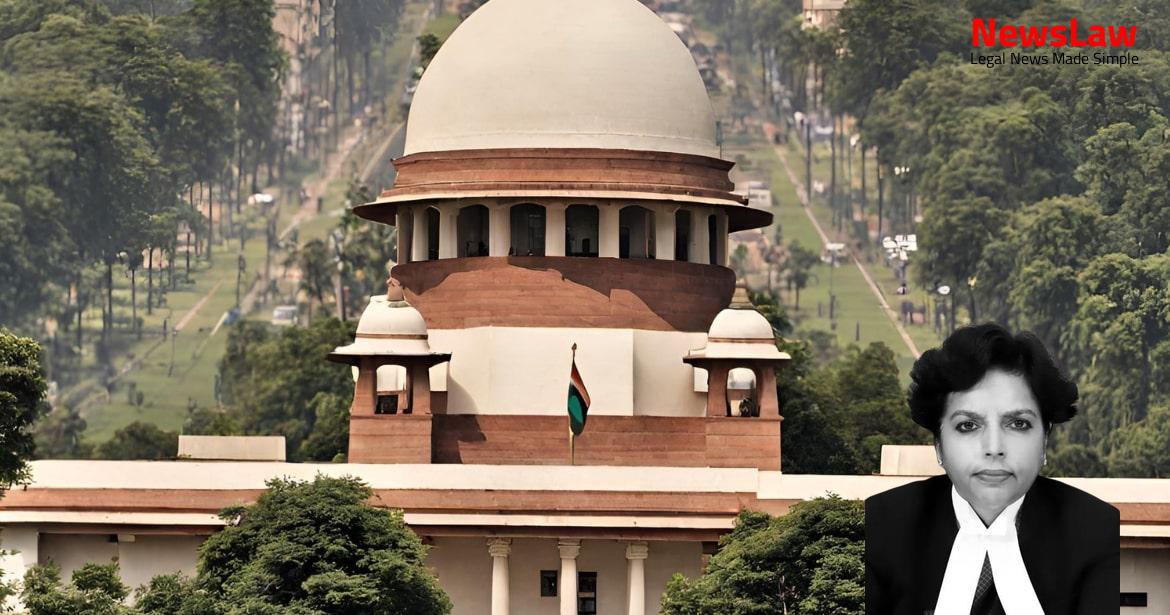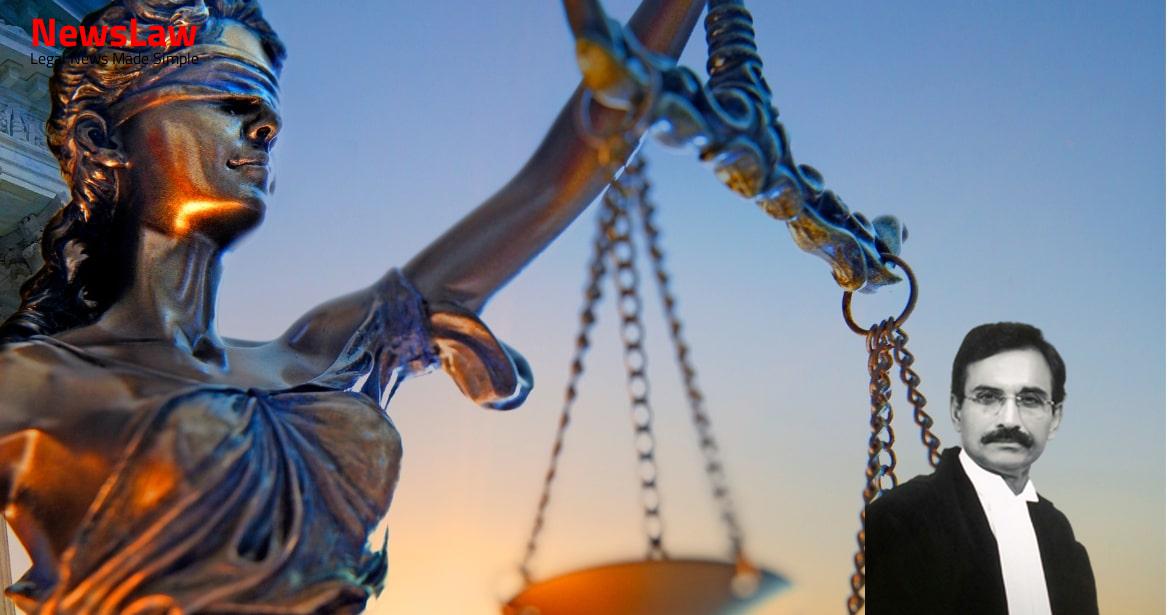The recent court decision on examination results delves into the intricacies of judicial review and legal analysis. Emphasizing the significance of expert recommendations and the narrow scope of interference in examination results, the judgment sheds light on the complexities involved in recruitment processes. Let’s explore the court’s stance on preserving fairness and accuracy in evaluations.
Facts
- Advert issued by BSSC in 2010 for 1569 vacancies in Class III posts
- Preliminary exam results declared in 2012 challenged in Patna High Court
- High Court ordered fresh declaration of results after evaluation by experts
- Model answers for main exam published in 2013 leading to objections
- Five writ petitions filed against BSSC results on various grounds
- Fresh results declared in 2012 with 27,289 candidates qualifying
- Vacancies increased to 3285 from the original 1569
- 915 candidates were impacted by the change in results due to four questions being reassessed
- There was an increase in the number of successful candidates from 16,425 to 27,289 due to the change in answers
- Several candidates would have their posts/services changed if the 1162 already appointed candidates were to be retained at their old posts
- The single judge allowed for the increase in candidates competing for the posts despite exceeding the usual ratio
- Two appeals were filed against the single judge’s decision
- The appeals focused on additional questions that were claimed to be defective or having wrong answers
- The High Court directed the Bihar Staff Selection Commission to prepare fresh results for the Graduate Level Combined Examination-2010
- The aggrieved party appellants were initially declared selected but later shown as not qualified under the revised results
- The Division Bench partly allowed the appeals and directed the re-evaluation of answer sheets for certain questions
Also Read: Legal Analysis of Claim for Loss of Profit in Delayed Contract
Issue
- Persons on the merit list must be adjusted in vacancies available in the cadre for which the examination was held.
- Inter-se seniority in the allotted cadre will be based on merit position, not date of appointment.
Also Read: Public Declaration Requirement in Marriage under Hindu Marriage Act
Arguments
- To avoid litigation and administrative chaos, it is suggested that the result published, recommendation sent, and appointments made based on the judgment of the learned single judge should not be interfered with.
- Reference to the case of Ran Vijay Singh vs State of UP where the court emphasized that sympathy or compassion should not influence the decision regarding the revaluation of an answer sheet.
- Error committed by the examination authority impacts the entire body of candidates, emphasizing the need for accuracy and fairness in evaluations.
Also Read: OCI Cardholders’ Rights and Retroactive Notifications
Analysis
- The Court emphasized the importance of not interfering with examination results unless there is a clear error demonstrated, especially in cases where re-evaluation is not permitted by the rules.
- The decision reaffirmed that the Court should not re-evaluate answer sheets, presume correctness of key answers, and give the benefit of doubt to the examination authority.
- The Court highlighted the need for a pragmatic approach over an idealistic one in dealing with examination result disputes.
- Expert recommendations were considered and emphasized in the decision-making process.
- The Court criticized the unilateral re-evaluation by the High Court, stating it contributed to chaos and did not follow any justifying rule or regulation.
- The Court reiterated the narrow scope of judicial review in matters of candidate evaluation for recruitment to public services.
- Emphasis was placed on the complexities and consequences of altering results, including potential administrative chaos and litigation.
- The importance of professional expertise and experience in academic matters was underlined, cautioning against substituting judicial views for those of technical experts.
- The Court expressed concern over the uncertainty and lack of finality in examination results despite prolonged legal proceedings.
- The judgments of the Apex Court in the cases of Rajesh Kumar and Vikash Pratap Singh do not conclusively resolve the matter.
- Further analysis and interpretation are required to fully address the issue at hand.
- In Pramod Kumar Srivastava v. Chairman, Bihar Public Service Commission, it was established that there is no provision for re-evaluation of answer books in the relevant rules of the Commission.
- The same principle was upheld in Board of Secondary Education v. Pravas Ranjan Panda where the High Court’s direction for re-evaluation of answer books was deemed legally unsustainable due to absence of provisions in the board’s regulations.
- The case of Khushboo Shrivastava reiterated the stance of no right to claim re-evaluation of marks in the absence of such provisions.
- The judgment in Pranav Verma v. Registrar General of High Court of Punjab & Haryana accepted recommendations for revision of results in a public examination but upheld that in the absence of rules allowing re-evaluation, candidates cannot claim it.
- The directive in the present case regarding the All India Pre-Medical/Pre-Dental Entrance Examination, 2007 reaffirms the absence of provisions for re-examination or re-evaluation of answer sheets.
Decision
- The impugned judgment of the Patna High Court and the judgment of the single judge are set aside.
- The appeals are disposed of without order on costs.
- The appellants in civil appeals SLP(C) 30109/2016 seek corrections to specific questions in the merit list.
- Directions are made by the court under Article 142 of the Constitution of India to resolve the dispute.
Case Title: BIHAR STAFF SELECTION COMMISSION . Vs. ARUN KUMAR (2020 INSC 391)
Case Number: C.A. No.-002414-002416 / 2020



